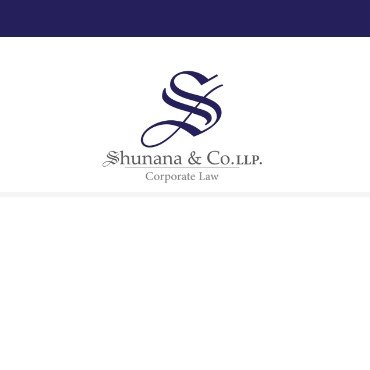Best Toxic Tort Lawyers in Malé
Share your needs with us, get contacted by law firms.
Free. Takes 2 min.
List of the best lawyers in Malé, Maldives
About Toxic Tort Law in Malé, Maldives
Toxic Tort law in Malé, Maldives typically relates to claims for injuries caused by exposure to harmful substances. It can encompass a range of cases such as pollution, occupational exposure, or consumer product hazards. While there is no specific legislation that exclusively governs toxic torts in Maldives, these claims are often addressed within the broader framework of personal injury law, environmental legislation, and labor laws.
Why You May Need a Lawyer
Handling toxic tort cases can be complicated and may require the involvement of a lawyer due to various reasons. These cases often involve complex scientific and medical issues. A lawyer can help navigate these complexities and build a strong case. Furthermore, dealing with corporate entities or government bodies, which are often defendants in such cases, necessitates legal expertise. Typical scenarios may include exposure to toxics in the workplace, residing near a polluted area, or suffering from health issues due to dangerous consumer products.
Local Laws Overview
While the legal landscape in Malé, Maldives does not have a specific statute for toxic torts, several local laws indirectly address this issue. For instance, the Environmental Protection and Preservation Act of Maldives mandates the protection of the environment from pollution and stipulates compensation for harm caused due to pollution. The Employment Act provides protection to employees and can encompass cases of toxic exposure in the workplace. Additionally, the Consumer Protection Act ensures the right to safety and protection against harmful goods or services.
Frequently Asked Questions
1. What is a Toxic Tort?
A Toxic Tort is a legal claim for harm caused by exposure to a dangerous substance, such as industrial chemicals, pesticides, or pharmaceutical drugs.
2. What evidence is required in a Toxic Tort case?
Demonstrating causation is often the most challenging part of a toxic tort case. The victim must prove that their harm or injury was directly caused by exposure to a hazardous substance. Medical records, expert testimony, and evidence of exposure are necessary.
3. Who can be held responsible in a Toxic Tort case?
Depending on the case, manufacturers of harmful substances, property owners, employers, or even government entities can be held responsible in a toxic tort case.
4. Can I file a Toxic Tort case for future harm?
While such instances can be challenging, certain jurisdictions may allow for claims based on potential future harm. It is best to consult a legal professional to understand the specifics of your case.
5. How long do I have to file a Toxic Tort case?
While specific time frames may differ depending on the nature of your case, generally, a toxic tort claim needs to be filed within a certain period after the onset of the injury or from the discovery of the injury.
Additional Resources
The Environment Protection Agency of the Maldives oversees environmental concerns and may provide useful information and assistance. Additionally, organizations like Maldives Law Institute can provide valuable legal resources.
Next Steps
If you believe you have a toxic tort case, the first step is to consult with a lawyer experienced in this field. The lawyer can help you understand your legal rights, gather necessary evidence, and guide you through the legal process. Keep records of any medical treatment received, note down instances of exposure, and any communications related to your case.
Lawzana helps you find the best lawyers and law firms in Malé through a curated and pre-screened list of qualified legal professionals. Our platform offers rankings and detailed profiles of attorneys and law firms, allowing you to compare based on practice areas, including Toxic Tort, experience, and client feedback.
Each profile includes a description of the firm's areas of practice, client reviews, team members and partners, year of establishment, spoken languages, office locations, contact information, social media presence, and any published articles or resources. Most firms on our platform speak English and are experienced in both local and international legal matters.
Get a quote from top-rated law firms in Malé, Maldives — quickly, securely, and without unnecessary hassle.
Disclaimer:
The information provided on this page is for general informational purposes only and does not constitute legal advice. While we strive to ensure the accuracy and relevance of the content, legal information may change over time, and interpretations of the law can vary. You should always consult with a qualified legal professional for advice specific to your situation.
We disclaim all liability for actions taken or not taken based on the content of this page. If you believe any information is incorrect or outdated, please contact us, and we will review and update it where appropriate.









